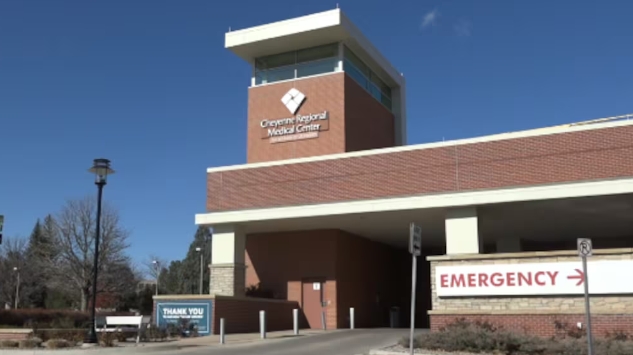Revolutionizing Healthcare: The Rise of Smart Medical and Diagnostics Centers
In today’s fast-paced world, healthcare is evolving at a rapid pace. One of the most significant advancements in the industry is the rise of smart medical and diagnostics centers. These cutting-edge facilities are changing the way patients receive care and revolutionizing the healthcare landscape.
Enhanced Patient Experience
Smart medical and diagnostics centers are designed to provide patients with a more personalized and efficient healthcare experience. Through the use of technology, these centers offer streamlined appointment scheduling, online consultation services, and real-time access to medical records. This not only saves time for patients but also improves overall satisfaction with the healthcare process.
State-of-the-Art Equipment
One of the key features of smart medical and diagnostics centers is the use of state-of-the-art medical equipment. From advanced imaging technologies to precision diagnostics tools, these centers are equipped with the latest innovations to ensure accurate and timely diagnoses. This results in better treatment outcomes and enhanced patient care.
Remote Monitoring and Telemedicine
Smart medical and diagnostics centers also incorporate remote monitoring and telemedicine services. Patients can now have virtual consultations with healthcare professionals, receive ongoing monitoring of chronic conditions, and access medical advice from the comfort of their own homes. This not only increases convenience for patients but also allows for more proactive and preventive healthcare measures.
Data-Driven Decision Making
Another benefit of smart medical and diagnostics centers is the emphasis on data-driven decision-making. By collecting and analyzing patient data, healthcare providers can identify trends, predict potential health issues, and tailor treatment plans to individual needs. This personalized approach to healthcare leads to more effective and efficient outcomes for patients.
Collaborative Care
Smart medical and diagnostics centers also promote collaborative care among healthcare providers. With integrated systems and communication platforms, medical professionals can easily share information, coordinate treatment plans, and work together to provide comprehensive care for patients. This multidisciplinary approach to healthcare ensures a holistic and coordinated approach to patient care.
Overall, the rise of smart medical and diagnostics centers is revolutionizing the way healthcare is delivered. By incorporating technology, personalized care, and collaborative approaches, these centers are improving patient outcomes, enhancing the patient experience, and shaping the future of healthcare. As technology continues to advance, we can expect to see even greater innovations in the field of healthcare, leading to better health and wellness for all.

